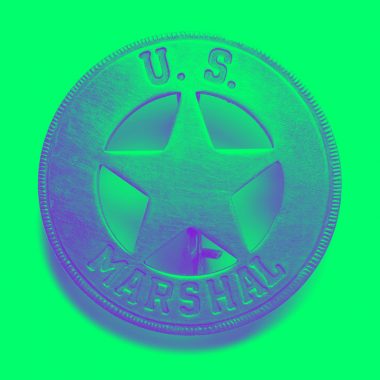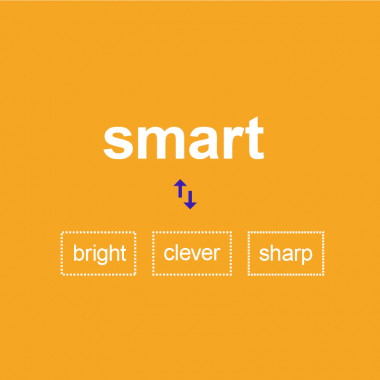Words We Know Because Of Star Trek
Star Trek is one of the most beloved science fiction television franchises to ever air. Debuting in 1966 with Star Trek: The Original Series, this long-running franchise is about the crew of a starship (spaceship), the USS Enterprise, as it explores the deepest depths of outer space. Along the way, the crew meet new life forms, get into all kinds of hijinks, and battle for …











